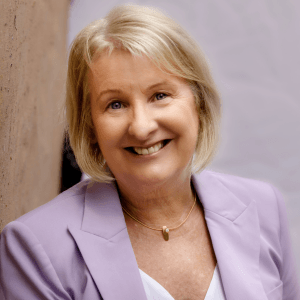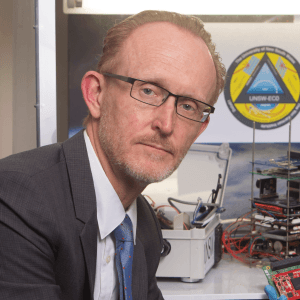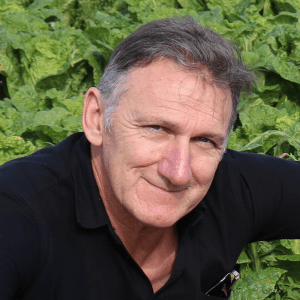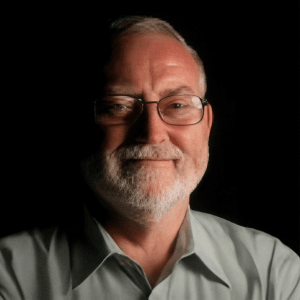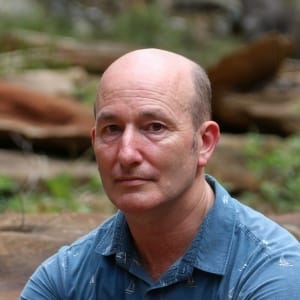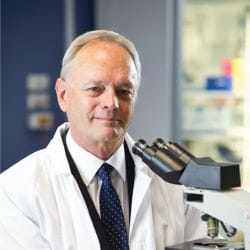
 “The changing tide of human populations:
“The changing tide of human populations:
an infertility trap”
John Aitken FRSE FRSN FAA FAHMS
Distinguished Emeritus Laureate Professor
School of Environmental and Life Sciences
University of Newcastle
Date: Friday 10 June 2022, 5.00 pm – 7.00 pm AEST
Venue: The University Conservatorium, Laman Street, Cooks Hill, Newcastle
Video presentation: YouTube video
All are welcome
The Clarke Memorial Lecture
The Royal Society of NSW and the University of Newcastle are pleased to present the Society’s annual Clarke Memorial Lecture. The Clarke Lecture is delivered by the most recent winner of the Clarke Medal. The Clarke Medal and Lecture commemorate the memory of the Reverend William Branwhite Clarke, one of the fathers of the Royal Society of New South Wales, and an eminent geologist of his day. The Clarke Medal for 2021 was awarded to Distinguished Emeritus Laureate Professor John Aitken from the University of Newcastle —an internationally recognised researcher in the field of reproductive health.
Summary: The world’s population has grown at a frighteningly fast pace since 1800 and is directly responsible for many of the environmental disasters that currently beset our species. Despite the ever-present evidence of overpopulation, the world has witnessed an extremely steep decline in fertility rates that heralds the imminent collapse of population growth and a new era of depopulation. This universal decline in fertility is being driven by increasing prosperity, largely through the mediation of social factors, the most powerful of which are the education of women and an accompanying shift in life’s purpose away from procreation. In addition, it is clear that environmental and lifestyle factors are also having a profound impact on our reproductive competence, particularly in the male, where increasing prosperity is associated with a significant rise in the incidence of testicular cancer and a secular decline in semen quality and testosterone levels. On a different timescale, we should also recognize that increased prosperity greatly reduces the selection pressure on high fertility genes by lowering the rates of infant and childhood mortality. The retention of poor fertility genes within the human population is also being exacerbated by the increased uptake of ART. It is arguable that all of these elements are colluding to drive our species into an infertility trap. If we are to avoid the latter, it will be important to recognise the factors contributing to this phenomenon and adopt the social, political, environmental, and lifestyle changes needed to bring this situation under control.
Distinguished Laureate Professor John Aitken is an internationally renowned biologist whose research focuses on reproductive science. He was formerly Director of the ARC Centre of Excellence in Biotechnology and Development and Pro Vice-Chancellor of the Faculty of Health and Medicine at the University of Newcastle. According to expertscape.com he is the world’s leading authority on spermatozoa, fertilization, and the cell biology of germ cells. He has been named as Australia’s leading reproductive biologist and has published more than 600 research articles that have been cited more than 56,000 times (h-index of 121). A former NSW Scientist-of-the-Year (2012), his academic standing is evidenced by the 460 lectures he has been invited to give at major meetings and the receipt of several international awards. These include the 2016 Carl G Hartman Award, the American Society for the Study of Reproduction’s highest accolade, and the 2020 Distinguished Andrologist award from the American Society of Andrology. He is author of ‘The Infertility Trap’ a book published by Cambridge University Press describing the forces that are serving to suppress the fertility of our species.




